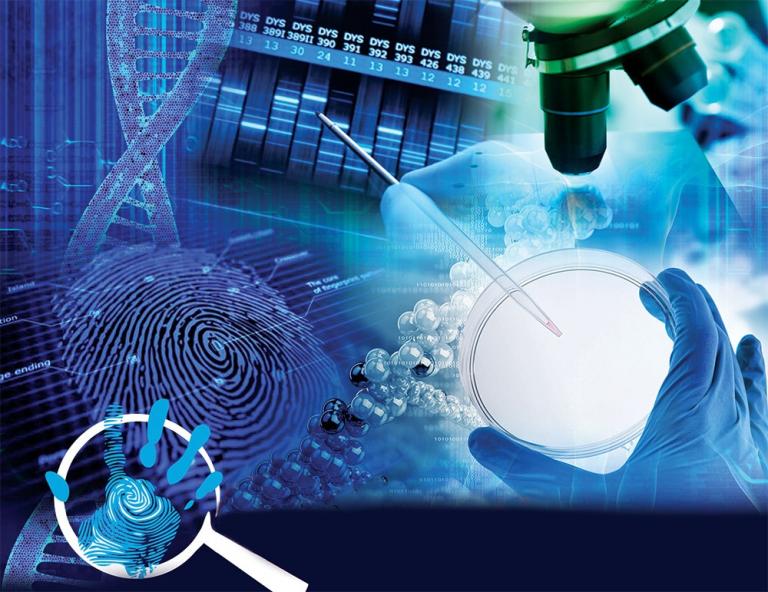
Criminal Justice (Non-Transfer Option)
Benefits of Choosing a Career in the Criminal Justice
One of the best advantages of securing your AAS in Criminal Justice (CRJ) is that you will be able to enter the workforce as a qualified CRJ specialist after receiving your degree. Many Criminal Justice specialist work enter the police force, work as correctional officers, or shift their focus to forensic science and work within CSI (crime scene investigation).
Students can also segway and studying cyber security, online crimes. Some consider private investigation, and if they secure higher degrees (Bachelors, Masters), they can work for a state law enforcement agencies or federal agencies as high up as the CIA or FBI.
For CRJ majors considering entering the police force, they can expect earnings are around $67K in the U.S.,(pay varies based on location). Forensic Scientists (on average) make around $61K in the U.S., while private investigators make around $59K per year. CIA and FBI agents (on average) make around $59-$63 (entry-level), but the pay can expand as the years of experience increase.
Our Associate in Applied Science (AAS) two-year degree is 76 credits. To increase your earning power, many Criminal Justice students continue their education. Although not a transfer degree (per se) some General Education classes do transfer and can be credited towards a 4-year degree in Criminal Justice. Some Criminal Justice majors eventually secure their bachelor's degrees and beyond. If interested (now) in transferring to a 4-year college, this is not the correct degree to pursue. Select the Criminal Justice Transfer Degree track instead.

Explore Your Criminal Justice Options
There are two tracks for Criminal Justice (CRJ) students. Know the difference.
Track 1 is highlighted on this page. It is an AAS degree that is designed as a 2-year degree that leads to early entry into the workforce. CRJ courses taken under this degree are not transferable to 4-year colleges. However, general education courses are transferable.
Track 2 is a 4-year degree in Criminal Justice. This is the college-transfer track. Students take their first two years at Lawson State as Criminal Justice transfer students, and then they transfer up to 64 credits and complete their 4-year degree at the college of their choosing. In the end, they will have earned a Bachelors degree in Criminal Justice.
As previously noted, Criminal Justice has two tracks. The AAS degree is a 2-year degree designed for individuals who are trying to enter the workforce early. This is NOT a transferable degree.
CRJ Transfer Option:
If you are interested in a Transfer Degee that would lead to your 4-year degree in Criminology, you would select a different degree altogether. To do so, you would complete your first 2 years at Lawson and then transfer your credits to a 4-year college and complete your Bachelor's degree. To follow the transfer track, opposed to AAS Criminal Justice track, follow one of the transfer degrees paths listed below.
- Criminal Justice
- Cyber Security
- Law and Justice (AU Only)
Alabama Transfers
tlines what specific courses you need for each Social Science pathway (Area of Concentration). Click below to review your area of interest or to discover even more Social Science pathways that may be of interest to you.
Explore your Social Science Pathway and more career options via Alabama Transfers.
Want specific information related to Lawson State's programs and course listings outlined in the catalog? Click here.
Related Fields
Explore your options by looking into these related programs.
Police Officer
Forensic Scientist
FBI or CIA Agent
Contact Us
Location
Birmingham Campus
Building "B"
3060 Wilson Road, SW
Birmingham, AL 35221
Contact Information
Ms. Kirsten Green, Criminal Justice Instructor
Email: kgreen@lawsonstate.edu

